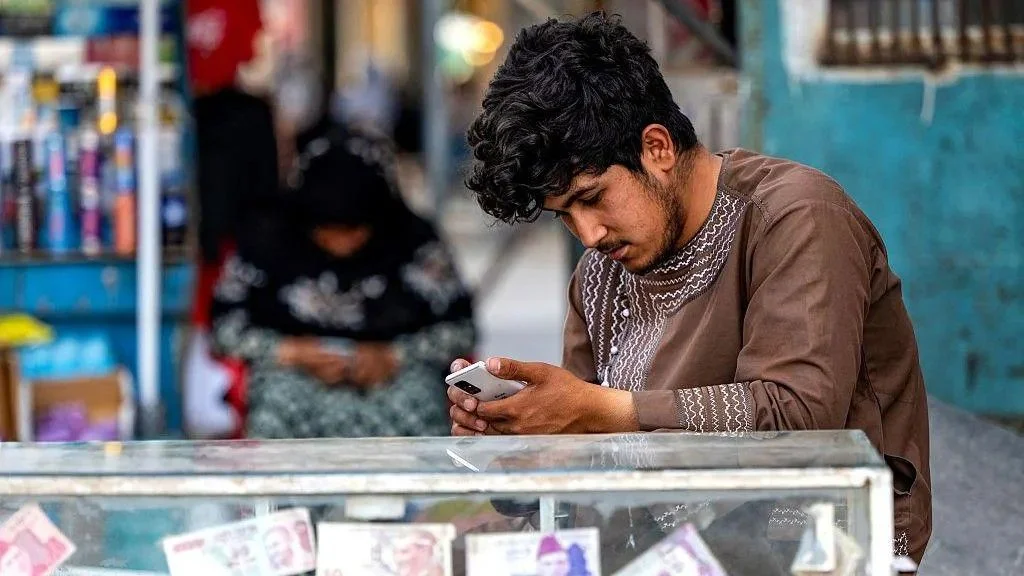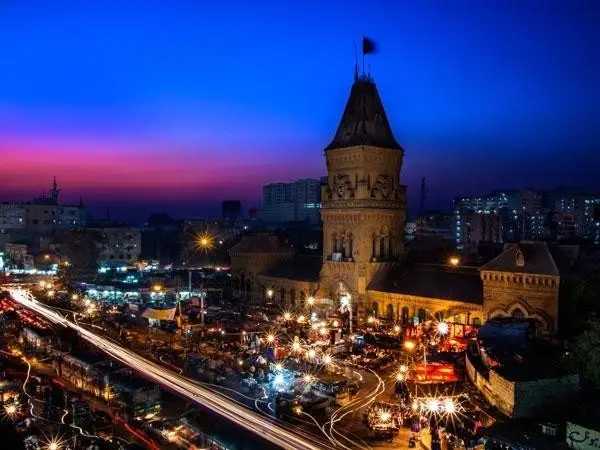Afghanistan has entered a total internet blackout after the Taliban government ordered a nationwide shutdown of telecommunications, weeks after beginning to sever fibre-optic internet connections. Internet watchdog Netblocks confirmed that multiple networks were disconnected in a stepwise manner, leaving the country offline.
The shutdown has disrupted mobile internet, satellite TV, and even flights from Kabul International Airport, with at least eight cancellations reported by Flightradar24. International media outlets, including the BBC, reported losing contact with offices in Kabul, while Tolo News warned viewers to follow its social media platforms as it expected disruptions to television and radio broadcasts.
Diplomats warned the blackout could paralyze banking and e-commerce systems nationwide. Residents told the BBC the cuts have already impacted education and livelihoods. Students who relied on online classes have lost access, with one describing the situation as “the world felt dark to me.” Businesses, including money changers, said daily operations have been severely disrupted.
Taliban officials have not provided an official reason, only stating the shutdown will continue “until further notice.” However, sources in Kabul indicated a committee has been tasked with examining ways to “filter” fibre-optic internet to prevent what they describe as “immoralities.”
The blackout adds to sweeping restrictions imposed since the Taliban’s return to power in 2021, particularly targeting women and girls. Earlier this month, women’s books were removed from university curricula, human rights and harassment courses were outlawed, and midwifery training was banned — eliminating one of the last avenues for female education.
Commentators compared Afghanistan’s situation to North Korea’s isolation. Former MP Mariam Solaimankhil described the silence of Afghan voices online as “deafening,” while journalist Hamid Haidari said “loneliness enveloped the entire country.”















